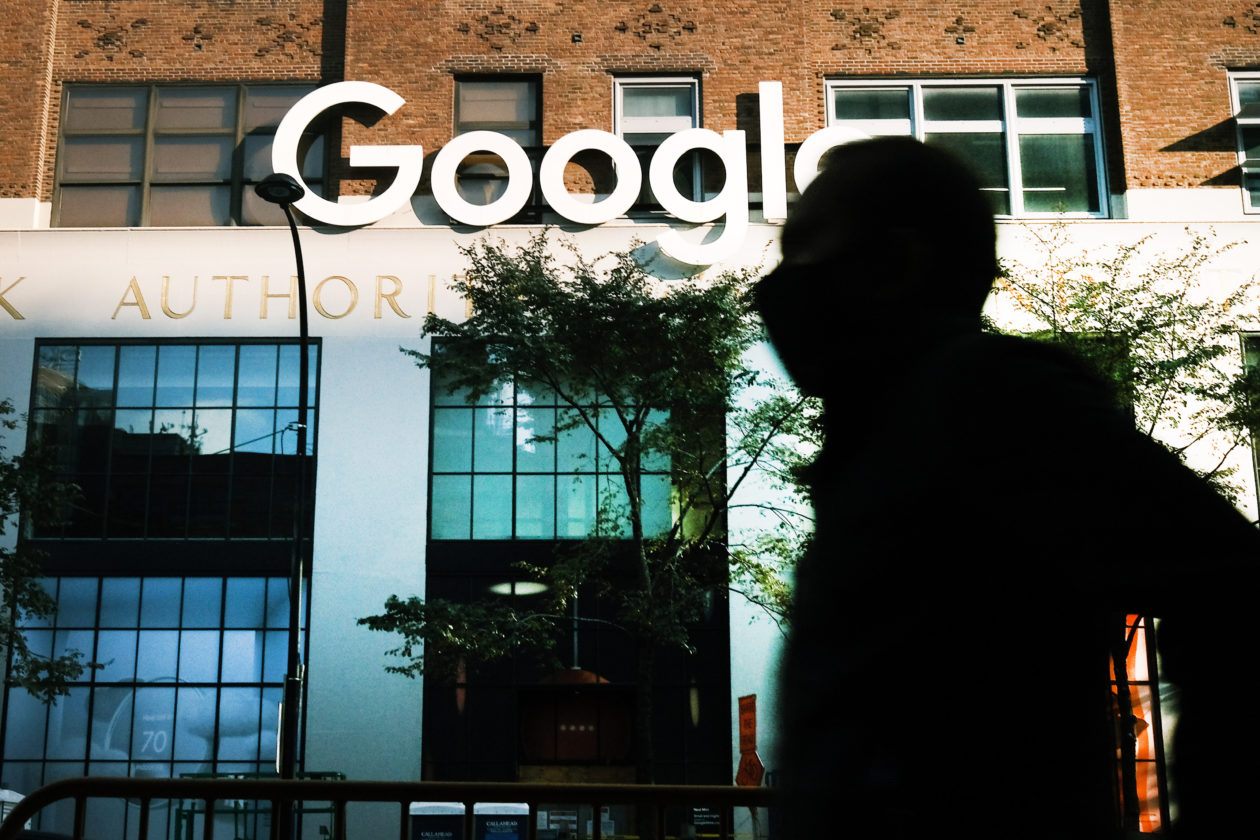A much-anticipated update to Google’s advertising policy came into effect this week, changing the tech giant’s rules about how it manages advertising for cryptocurrency-related businesses and services in the U.S. Since 2018, Google has maintained a ban on advertising “cryptocurrencies and related content,” which has included initial coin offerings, crypto exchanges, wallets and any crypto trading advice.
On Aug. 3, those restrictions were eased, allowing advertisements for “cryptocurrency exchanges and wallets” targeting the U.S. — as long as certain conditions are met. Advertisers are required to be registered with the Financial Crimes Enforcement Network or a federal- or state-chartered bank entity, and to comply with jurisdictional legal requirements and Google’s standard advertising policies. They must also reapply for advertising certifications with Google because certifications dating to before 2018 have been revoked.
Industry reaction
Google said in a statement when it announced the changes in June that it was making the change to “better match existing FinCEN regulations and requirements.” The move has been broadly welcomed by the crypto industry, especially within the U.S., as a sign that the industry is maturing.
“The news that Google would allow crypto ads in the US is definitely supportive,’ says Justin D’Anethan, head of exchange sales at Singapore-based crypto exchange Eqonex. “It definitely sends a signal, which is there is an interest, whether it’s from retail or more corporate participants for crypto. And so Google wants to get a part of that and at least enable some of the participants to advertise for it.”
Restrictions remain on some parts of the industry, however. Advertising “initial coin offerings, [decentralized finance] trading protocols, or otherwise promoting the purchase, sale, or trade of cryptocurrencies or related products” remains banned, as does advertising for “destinations that aggregate or compare issuers of cryptocurrencies or related products.”
As currently written, Google’s new policy allows for advertisements for crypto exchanges and wallets, but leaves in place restrictions on other crypto-related projects. The distinction is already frustrating providers of other crypto services that don’t fit into one of those categories.
Two-tier system
“The new regulations seem to disallow the advertising of legitimate cryptocurrency projects which have multiple years of track record, but allow any exchange to promote itself,” said Jeremy Britton, CFO of Boston Trading Co., a diversified crypto fund.
Britton said the decision to keep the ban on ICOs in place was a good one, highlighting how historically, according to a report published shortly after the 2018 boom, 92% of ICOs never reached trading on various crypto exchanges. He said, however, that the distinction between exchanges and wallets on the one hand, and the rest of the industry on the other, ran the risk of creating a two-tier support system that advantaged one group over the other.
“Clearly, we are not in favor of a decision which shadow-bans good crypto projects which should be readily distinguishable from scams,” he said.
Google’s decision to update its policy comes amid an increasingly sharp focus on crypto regulation by U.S. regulators. Forkast.News reported this week that U.S. Securities and Exchange Commission Chair Gary Gensler described the crypto industry as the “Wild West,” and called on Congress to grant his agency additional powers to regulate it.
Additionally, a landmark US$1 trillion infrastructure bill currently being debated in the U.S. Senate is seeking to raise US$28 billion via the crypto industry for its fulfillment. Although several amendments have been proposed to narrow the scope of its application to the crypto industry, it nonetheless marks a significant new attempt to tax the crypto sector.
“As the U.S. becomes more focused on crypto, from a regulatory standpoint, the clearer guidelines have probably allowed Google to feel more comfortable about allowing some activity by advertisers, on their platform,” said Tanya Xu, head of business development at crypto platform Celsius, suggesting that Google’s move may be just the beginning of a new approach by mainstream players towards the industry.
She said: “It will be interesting to see if other countries then follow suit, and if other platforms — maybe social media, this time — also start to be more lenient with crypto players.”

